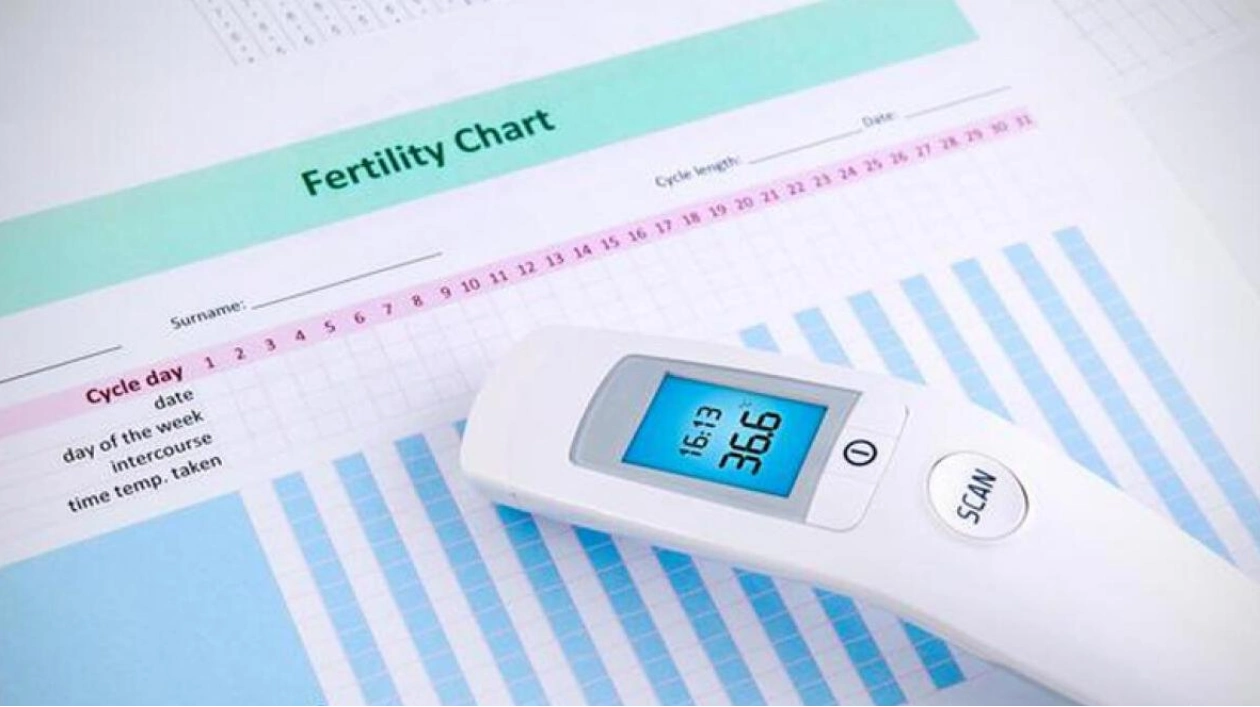Environmental factors such as pollution and noise can significantly affect fertility, according to experts in the UAE. Stress is also a major contributor to infertility.
"Several studies have demonstrated that continuous exposure to environmental factors like noise and pollution can influence fertility," said Dr. Nadia Najjari, a Reproductive Medicine and Infertility Consultant at HealthPlus IVF in Abu Dhabi. "For instance, if the environment is noisy, people may struggle to sleep, which impacts the pituitary gland. This leads to hormonal imbalances that affect reproductive health, reducing sperm quality and preventing egg production, thereby hindering pregnancy. Exposure to chemicals like pesticides also disrupts hormonal regulation and can lead to miscarriage."
Dr. Najjari's observations were supported by Dr. Shikha Garg, a Specialist in Gynaecology and Obstetrics at Aster Royal Clinic Downtown Dubai. "Research consistently shows that environmental factors profoundly impact health and diseases, including fertility," she noted. "Factors such as obesity, being underweight, excessive physical activity, radiation, smoking, alcohol, drug use like marijuana, and heavy drinking all negatively affect fertility."
A 2022 study by a UAE university found that one in six couples in the country experience difficulty conceiving. The UAE is known to have one of the highest rates of secondary infertility globally, and a 2021 UN report on world populations indicated that the UAE's fertility rates had dropped significantly to just 1.4 children per woman, compared to the 1990s.
Dr. Shikha highlighted other lifestyle factors, including weight, age, and vitamin deficiencies, as potential contributors to infertility. "Obesity is a major cause of infertility among women in Dubai," she said. "Many women in Dubai have a high Body Mass Index (BMI) of over 30, likely due to sedentary lifestyles, poor eating habits, or work stress. Vitamin D deficiency, which affects embryo implantation, is also commonly observed."
Other factors impacting female fertility include age, pelvic inflammatory disease, uterine abnormalities, hypothyroidism, cardiovascular diseases, and cancer. Dr. Najjari emphasized the role of stress in infertility. "Chronic stress can disrupt the hormonal axis, leading to irregular cycles," she explained. "In men, stress can degrade sperm quality and quantity, and reduce sexual activity frequency. Stress also lowers the success rate of IVF, making it a critical factor to address."
Dr. Shikha advised that couples seeking infertility treatment should be informed about all available options. "This includes basic treatments like ovulation-inducing medications with follicular imaging to monitor egg development," she said. "Advanced assisted reproduction techniques, such as IVF, involve fertilizing the egg outside the body and transferring the embryo to the mother's womb."
Experts previously recommended exploring less invasive and more affordable treatments before considering IVF to minimize emotional and financial strain. Dr. Najjari stressed the importance of understanding each couple's unique situation before recommending a treatment plan. "We need to know why the patient is seeking our help," she said. "We must inquire about their job, environment, health, age, and how long they have been trying to conceive. Once we have a clearer picture, we can recommend an appropriate treatment."
Source link: https://www.khaleejtimes.com






